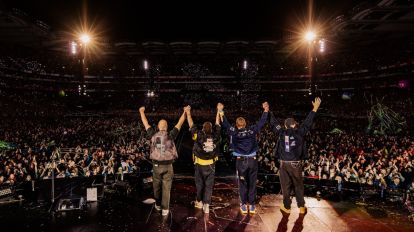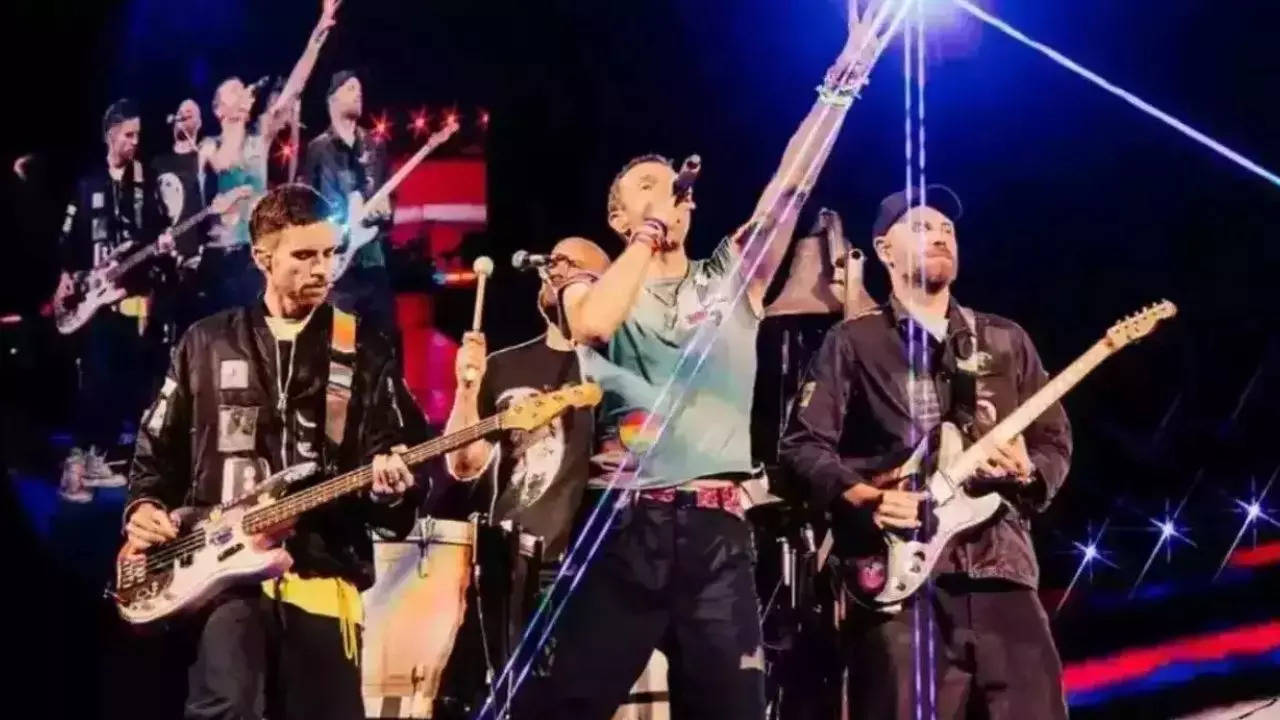The Bombay High Court has reserved its decision on a crucial plea aimed at addressing the rampant black marketing and ticket scalping for high-profile events. This controversy arose following the Coldplay concert scheduled in Navi Mumbai on January 18, 2025, where tickets originally sold on BookMyShow were reportedly resold at exorbitant rates in the black market.
Here's ads banner inside a post
The plea, filed by advocate Amit Vyas, highlights the urgent need for strict guidelines to curb online ticket scalping, ensuring fair access for consumers.
The Controversy: Coldplay Tickets Sell Out in Minutes
Tickets for the much-anticipated Coldplay concert went live on September 22, 2024, via BookMyShow and sold out within 30 minutes, according to the petitioner. However, shortly after, tickets began appearing on resale platforms at sky-high prices, sparking public outrage.
This incident reignited debates over the fairness of online ticketing platforms and the need for stringent regulations to prevent such malpractice.
Here's ads banner inside a post
Petitioner’s Stand: Consumer Rights Violated
Advocate Amit Vyas, representing the plea, argued that ticket scalping not only violates consumer rights but also exploits fans. During the hearing, senior advocate Janak Dwarkadas, appearing for Vyas, emphasized the responsibility of authorities and organizers to prevent such practices.
“The state imposes an entertainment tax or duty on event organizers, and it is their duty to ensure that tickets are not sold on the black market,” Dwarkadas said, addressing a division bench led by Chief Justice DK Upadhyaya and Justice Amit Borkar.
The plea also called for cooperation from ticketing platforms like BookMyShow, as well as event promoters such as Live Nation Entertainment, Big Tree Entertainment, and Viagogo Entertainment, to assist monitoring panels in combating black marketing.
Here's ads banner inside a post
Technological Advancements and Black Marketing
One of the key issues raised in the plea is the role of technology in exacerbating ticket scalping. Automated bots and resale platforms make it easier for scalpers to hoard tickets and resell them at inflated prices.
The petitioner urged the court to mandate enhanced monitoring and technological interventions to ensure a fair ticketing process. Suggestions included:
- Implementing stringent identity verification systems.
- Limiting ticket purchases per user.
- Requiring ticketing platforms to actively track and block suspicious activity.
The Legal Perspective: Striking a Balance
The Coldplay ticket controversy is part of a broader discussion about the regulation of ticket sales in India. With high-profile events often marred by similar issues, this case has the potential to set a precedent.
The plea also pointed to the need for transparency in ticket sales, arguing that resale platforms must disclose the source of tickets and adhere to pricing caps to protect consumers.
What’s Next?
The Bombay High Court’s reserved order could lead to landmark guidelines that reshape ticketing practices in India. If the court enforces stricter regulations, it would not only benefit fans of major events like Coldplay’s concert but also ensure a more transparent system for all stakeholders.
As the spotlight remains on this case, fans and legal experts alike are hopeful for a decision that prioritizes consumer rights and combats unethical practices in the entertainment industry.

